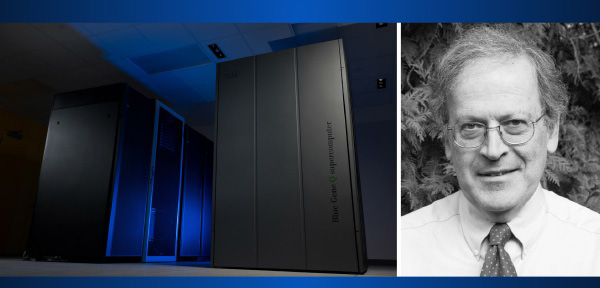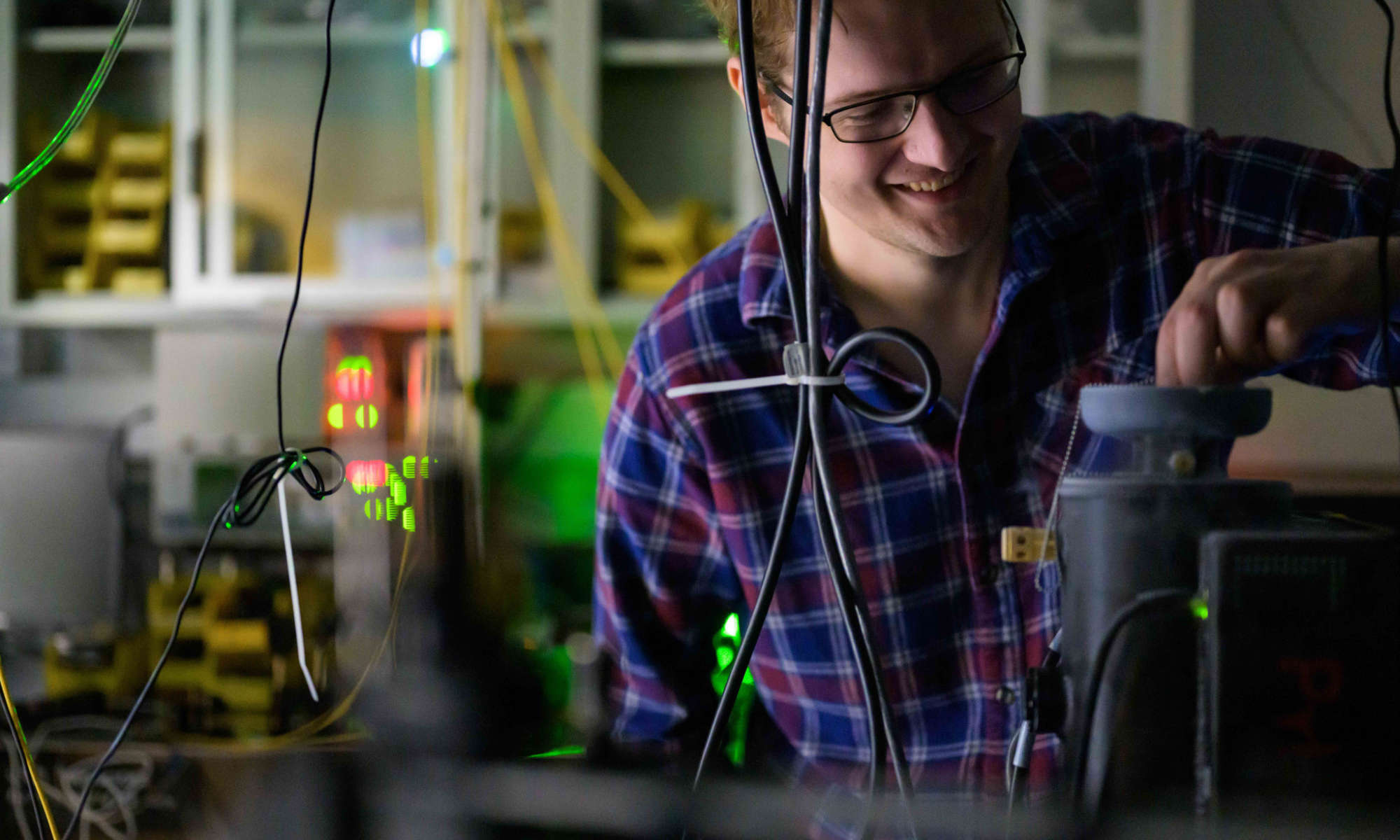
A computer scientist who revolutionized machine learning and received computing’s equivalent of the Nobel Prize will be among the keynote speakers when the University of Rochester hosts the 29th International Workshop on Languages and Compilers of Parallel Computing, Sept. 28-30.
Leslie Valiant of Harvard University, recipient of the Turing Award in 2010, will address the challenges posed by the increasing complexity of computing architecture.
“I was at his Turing lecture in 2011 at the Federated Computing Research Conferences with a few thousand other computer scientists. It was one of the most scientifically inspiring speeches I have seen,” says Chen Ding, one of the workshop’s organizers. “For our students, especially, his keynote will be a memorable experience,”
The workshop, held annually at different locations, “is the longest running workshop, and also the best for compilers for parallel programs,” says Ding, a professor of computer science. This is the first time it is being held in Rochester.
This year’s conference, at the Hilton Garden Inn at College Town, will feature 25 papers by researchers from the United States, Japan, Europe and Canada. The topics range from parallel programming models and languages, to optimization of parallel programs and debugging tools.
Parallel computing is a type of computation in which many calculations or processes are carried out simultaneously, either within a single system or across networks. Researchers in the field help translate the source language used by programmers into the machine language that makes parallel computing possible, Ding says. They also look for ways to optimize performance — removing redundant operations, organizing memory, implementing task partitioning and scheduling, moving data between caches within a machine and memories between machines – all of which can have a “huge impact” on performance and energy consumption, Ding says.
Valiant will speak at 1 p.m., Wednesday, Sept. 28, on the need to design algorithms that can address the difficulty of writing efficient parallel programs, especially in light of the increasing complexity of computing architecture.
“Rarely does one see such a striking combination of depth and breadth as in Valiant’s work,” the Turing Award Committee noted. “His is truly a heroic figure in theoretical computer science and a role model for his courage and creativity in addressing some of the deepest unsolved problems in science.”
Valient’s lecture is cosponsored by the workshop, the Department of Computer Science, and the Goergen Institute for Data Science. John Criswell, assistant professor of Computer Science, is coorganizer.




